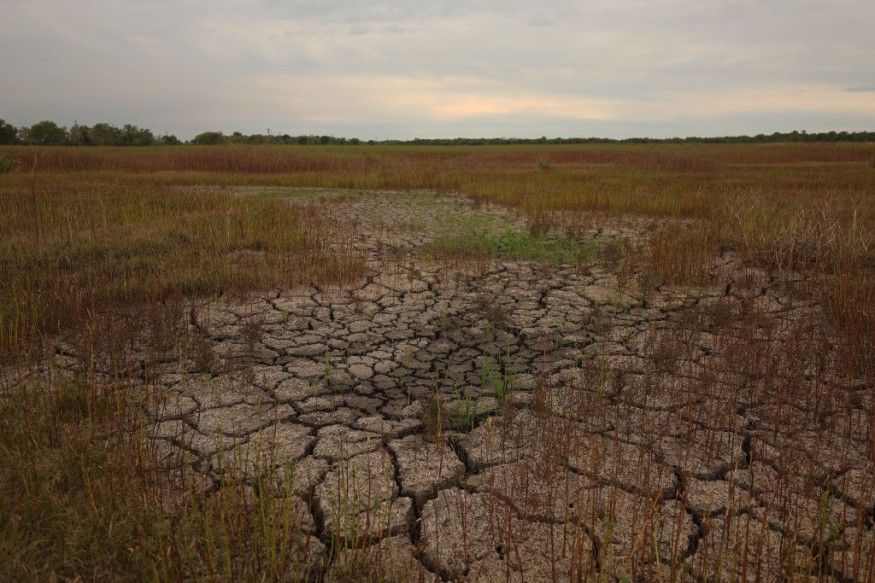
Over the past 20 years, damages from climate change-related storms, heat waves, and severe drought have totaled up to $140 billion annually.
Economic Losses From Prolonged Droughts, Heatwaves, Storms
Two financial experts, one affiliated with the Reserve Bank of New Zealand and the other with Victoria University of Wellington, both hailing from New Zealand, have conducted a comprehensive global assessment of the financial repercussions stemming from climate change. In their analysis, Rebecca Newman and Ilan Noy have compared the adverse impacts of severe weather phenomena with economic losses spanning the preceding two decades, with the objective of gauging the destructive consequences of climate change.
By drawing comparisons between historical occurrences of storms and other extreme weather events, including droughts and heatwaves, and their contemporary counterparts, and subsequently aggregating the disparities in economic losses, financial prognosticators can formulate predictions about the fallout of climate change.
Over the period spanning from 2000 to 2019, Newman and Noy have computed the annual average damage caused by climate change-induced extreme weather events to be around $140 billion. However, they underscore that these estimates exhibited significant year-to-year fluctuations dependent on the frequency and character of extreme weather incidents.
Furthermore, the researchers underscore that their calculations do not encompass ancillary costs such as the loss of cultivable land or the rising of sea levels. They also acknowledge that their estimates are likely conservative due to a lack of comprehensive data on numerous extreme events in economically disadvantaged nations.
Climate Change Causes Deaths and Financial Loss
Furthermore, the researchers computed that during the same time frame, nearly 1.2 billion individuals would have experienced adverse consequences as a result of climate change. Their calculations incorporate a significant element that assigns a value of $7 million to each human life lost.
Models created by economists in the United States and the United Kingdom, which are intended to evaluate the usual economic harm incurred when an individual dies from an unnatural cause, serve as the foundation for this valuation. It is interesting that approximately two-thirds of the economic harm caused by climate change is attributable to the loss of human life.
To gauge prospective losses and ascertain the requisite funding for organizations establishing disaster recovery funds aimed at reconstructing nations incapable of funding their own recovery endeavors, the researchers advocate for the utilization of their methodologies in estimating past losses attributable to climate change.
World Health Organization's Perspective
Climate change is often seen as just warmer temperatures, but it's a complex web of interconnected issues. The Earth's systems are intertwined, so changes in one area trigger a ripple effect worldwide.
Presently, its repercussions encompass severe droughts, scarcity of water, wildfires, elevated sea levels, inundations, the thawing of polar ice, disastrous storms, and diminishing biodiversity. Climate change has an impact on housing, security, employment, and agricultural productivity. Unluckily, these negative effects disproportionately affect the most vulnerable communities, such as those living in poor nations and small island states.
Rising sea levels and saltwater intrusion force whole communities to move, and prolonged droughts threaten famine. The World Health Organization says to expect more "climate refugees" in the future.
© 2025 NatureWorldNews.com All rights reserved. Do not reproduce without permission.





